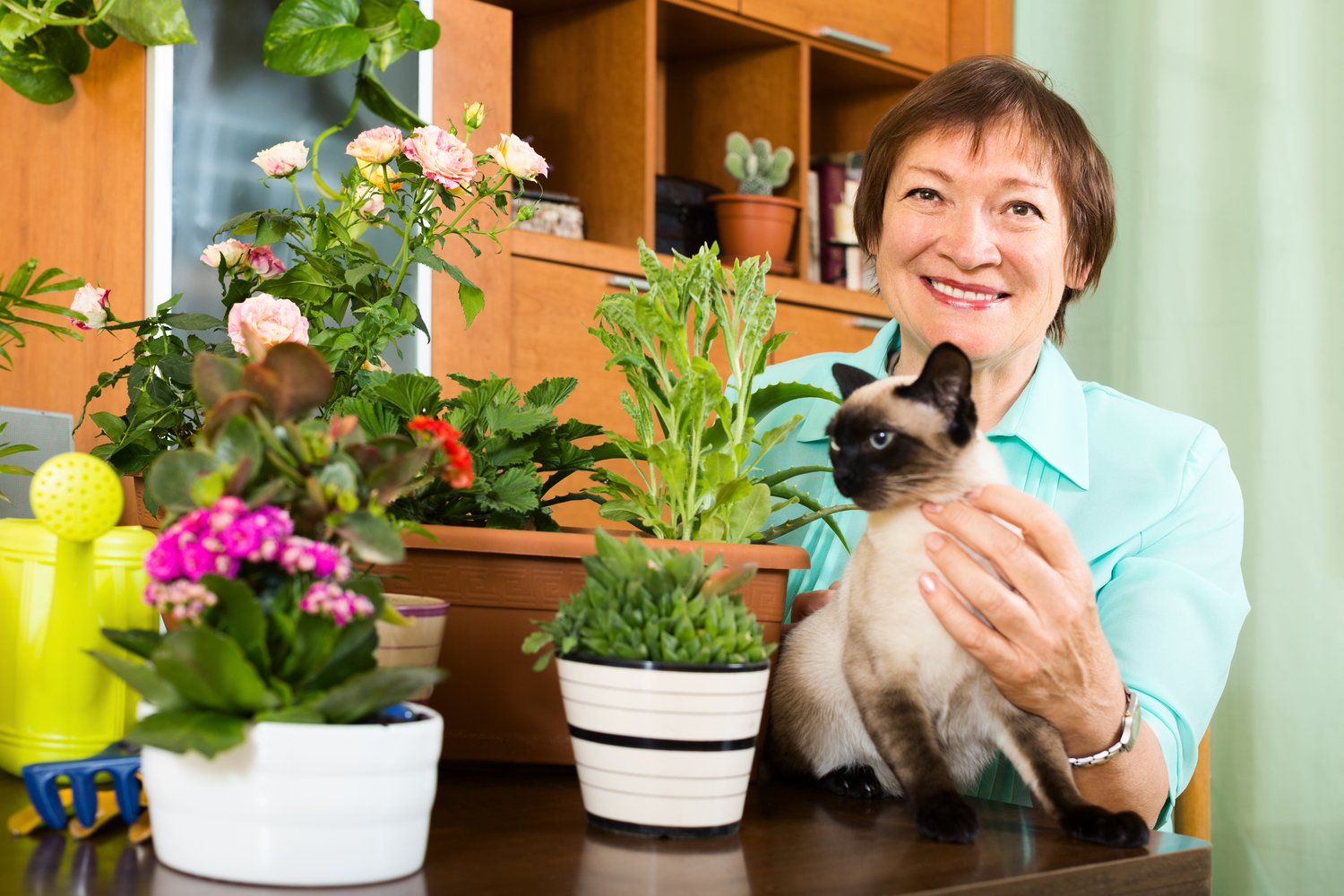
Some Common Toxic Houseplants for Cats
There’s no better way to decorate your home than with a series of beautiful potted plants. Adding greenery to your home comes with a number of health benefits, like improved air quality and aiding with depression. This can be a problem for your feline friends who are allergic to a lot of common houseplants that can cause serious health problems. Before you bring a new plant into the home you share, avoid the following types:
1. Monstera
Monstera is among the common toxic houseplants for cats that people keep in their homes. If your cat chews on its leaves, then it could lead to the development of toxic symptoms.
Mouth and throat irritation, and pain are common symptoms. After consuming the monstera leaf, the cat might start pawing at the mouth and drool. It could lead to inflammation in the oral cavity and can cause difficulty in swallowing.
2. Jade
Jade is a popular plant that one will find in most houses. Sometimes called the money plant, people keep this plant to bring good luck into their lives. It is, however, toxic for cats. Eating any of the plant parts can be poisonous.
Vomiting is one of the first symptoms of poisoning. It can cause muscle weakness and affect the heart rate. Exposure to these toxins should be treated immediately, and failure to do so may even lead to death. It is best to avoid keeping this plant if you have cats.
3. Aloe vera
Aloe vera is well-known for its medicinal uses. It is great for the skin, and people grow this plant to use its gel to treat skin problems and burns. Saponin content present in the plant is what makes aloe helpful for the skin. In cats, however, it can cause poisoning.
Eating the aloe leaves or other parts can cause digestive problems. Vomiting, diarrhea, and loss of appetite are common symptoms. If not treated immediately, it can cause depression and tremors.
4. Spider plants
Spider plants are often found in many people’s homes, and their leaves are quite harmful for your cat. Fortunately, this is one of the houseplants that are mildly toxic. It can cause an upset stomach and diarrhea, and it can even cause hallucinations due to the presence of opioids in its leaves.
5. Catnip
Homeowners think that growing catnip is good as cats love this plant. However, cats can get intoxicated if they consume catnip as it stimulates the cat. Sometimes, it can cause excess overstimulation of the central nervous system that can make a cat run amok, injuring itself.
Catnip is also toxic and can cause vomiting and diarrhea. Cat owners should strictly avoid keeping this plant in their homes.
6. Asparagus fern
The asparagus fern is a well-known houseplant. The fern of the asparagus is toxic for a cat as it causes skin allergies, which can lead to dermatitis if the cat comes into contact with the leaves. In addition to that, it can also lead to vomiting, diarrhea, and abdominal pain.



